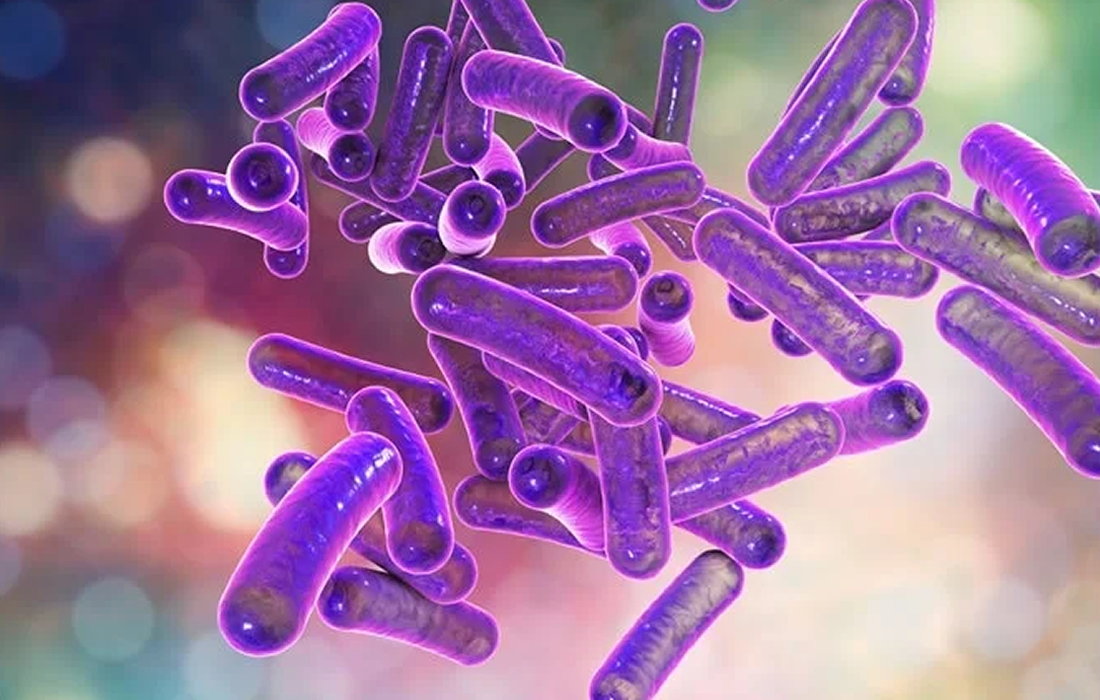Regenerative Medicine News and General Information
A Virus That Could Neutralize Dysentery Caused by Shigella Bacteria: New Study
Shigella is a gram-negative, facultative intracellular bacteria that causes dysentery. Shigella flexneri is a gram-negative bacteria of medical importance. Fecal-oral propagation of these bacteria is the predominant mode of transmission and usually occurs via contaminated drinking water.
This type of bacteria rapidly transverse the gastrointestinal tract to invade colonic epithelial cells and upon invasion it can overcome host immune responses, replicate intracellularly and spread to neighboring epithelial cells.
What is Dysentery?
Dysentery is an infection in your intestines that causes bloody diarrhea and it can be caused by a parasite or bacteria.
Bacillary dysentery is the most common type of dysentery. It results from the bacteria that we are discussing: Shigella. The disease is called shigellosis and about 500,000 people in the U.S. get it every year.
Bacillary dysentery kills about 160,000 people globally every year.
What Symptoms Does it Cause?
Symptoms can show up 1-3 days after you get infected. In some people, the symptoms may take longer to appear or never have symptoms. Some common symptoms include:
- Diarrhea with belly cramps.
- Fever.
- Nausea or vomiting.
- Blood or mucus in the diarrhea.
New Study with Phage Therapy
A new study recently published in the journal Applied and Environmental Microbiology evaluated the use of phage therapy, as an alternative to antibiotics for treating this bacterial infection.
Shigella has many virulence factors that allows it to invade human gut epithelial cells, replicate intracellularly and evade the host immunity through intracellular spread.
Phages are viruses that can infect and break down bacteria from within. By pitting these natural enemies against each other, researchers saw that a bacteriophage called A1-1 was effective against the resistant and mutant Shigella bacteria.
One of the reasons that the researchers did their study is due to the increased antibiotic resistance bacteria.
The researchers surprisingly discovered a naturally occurring phage that can reduce the spread of Shigella flexneri in the body. This strain causes the majority of dysentery cases in southern Asia and sub-Saharan Africa.
The led author Dr. Kortright explained in an interview:
“We sought to discover a phage that was naturally capable of binding to outer membrane proteins of S. flexneri responsible for virulent cell-to-cell spread of this pathogen in the human intestine, hypothesizing that evolution of phage resistance should alter, or eliminate, this virulence factor protein.”
In a move they described as “clearly a long shot,” the researchers chose to look in Cuatro Cienegas, Mexico — an area known for prolific microbial biodiversity.
There, they discovered phage A1-1 in a wastewater sample. The authors hypothesized that this virus would destroy its host bacteria and select for the evolution of resistance in bacteria.
The team isolated five phage-resistant mutants. Upon exposure to A1-1, all the mutants “were incapable of intercellular spread.”
According to the researchers phages targeting Shigella flexneri virulence, when used as part of bioremediation or water sanitation project, could be effective in reducing the severity or duration or shigellosis outbreaks or preventing them altogether. Also, a benefit of these therapies is that they can target specific bacteria and don’t infect animals, specifically humans, which results in no toxicity and minimal disruption to the natural flora.
Sources:
Kaitlyn E. Kortright, et al. Selection for phage resistance reduces virulence of Shigella flexneri. Appl Environ Microbiol. 2021. doi:10.1128/AEM.01514-21
https://www.webmd.com/digestive-disorders/what-is-dysentery
Baker, Stephena,b,c; The, Hao Chunga Recent insights into Shigella: a major contributor to the global diarrhoeal disease burden, Current Opinion in Infectious Diseases: October 2018 – Volume 31 – Issue 5 – p 449-454 doi: 10.1097/QCO.0000000000000475.
Jeanna D. Smiley. (2021, Dec 1). Phages: Study finds natural enemy of dysentery-causing bacteria. Medical News Today. Retrieved from:
https://www.medicalnewstoday.com/articles/phages-study-finds-natural-enemy-of-dysentery-causing-bacteria
Image from:
https://www.news-medical.net/news/20191219/26851/Spanish.aspx

